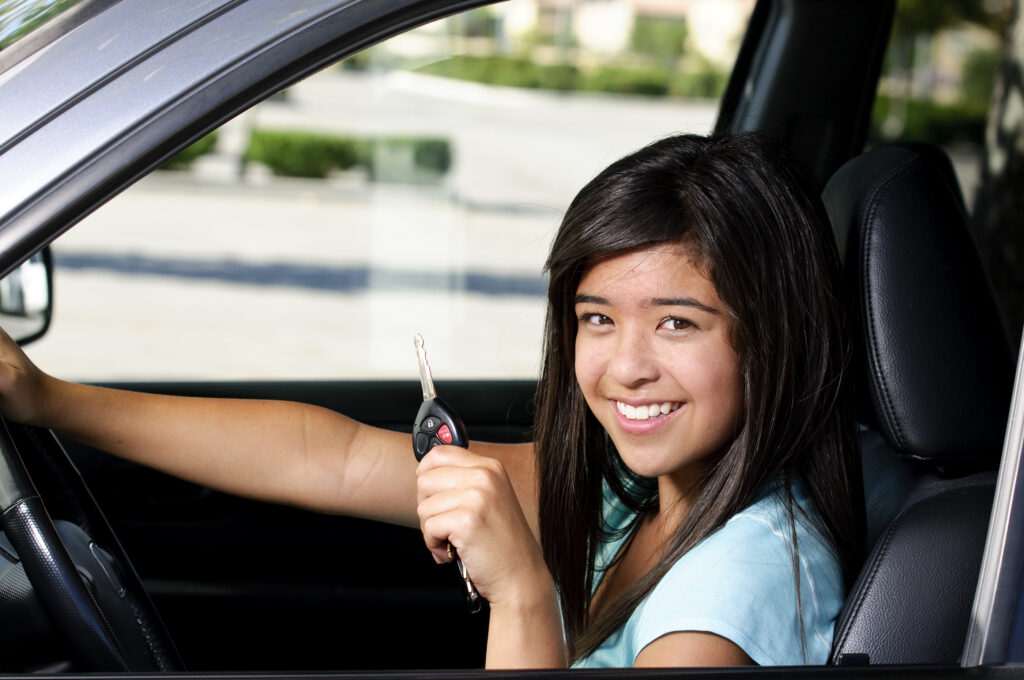Navigating the complexities of car accidents involving teen drivers is not only an emotionally charged situation but also a legal puzzle that demands understanding and clarity. For parents in Virginia Beach, the laws surrounding parental liability and the repercussions for accidents involving their teenagers add an extra layer of concern. In this blog post, we will take a look at how these legal responsibilities affect families in Virginia Beach, and provide essential insights for parents and legal guardians who find themselves in such challenging circumstances.
Understanding the Issue
Car accidents are a leading cause of death among teenagers in the United States. According to the Centers for Disease Control and Prevention (CDC), in 2019, six teenagers died every day from motor vehicle injuries. The statistics underscore the urgent need for a comprehensive understanding of the legal ramifications when your teenager is involved in a car accident.
Statistics and Trends in Virginia Beach
In considering the local context, Virginia is among the states with a high rate of car accidents involving teens. Virginia Beach and its surrounding areas see their fair share of incidents. The Virginia Department of Motor Vehicles (DMV) reports that each year, thousands of accidents in Virginia involve teen drivers. These accidents may not only result in physical harm but also produce long-lasting legal and financial repercussions.
The Legal Framework: Liability in Car Accidents
Understanding Negligence and Comparative Fault
In any car accident, the legal concept of negligence is central to determining who is at fault. This can be simple negligence (failing to take reasonable care) or gross negligence (reckless disregard for the safety of others). Virginia follows a contributory negligence law, meaning if a party is found to have contributed in any way, they may be barred from recovering any damages.
The Notion of “Negligent Entrustment”
A lesser-known but significant legal concept is negligent entrustment. This is when a person lends their vehicle to someone they know, or should know, is unfit to operate the vehicle safely. If a parent is found to have negligently entrusted their vehicle to their teen who is involved in an accident, the parent may be held liable.
Virginia-specific Laws and Regulations for Teen Drivers
The Role of Graduated Licensing Laws
To address the higher risk of accidents among teen drivers, Virginia, like many states, has implemented a graduated licensing program. This program includes three stages—learner’s permit, provisional license, and full, unrestricted license. During each stage, there are specific restrictions that aim to increase experience and safety for new drivers.
How These Laws Apply to Parental Liability
The graduated licensing laws can significantly impact parental liability. If a teen driver violates the restrictions of their provisional license and is involved in a car accident, the parents may be held liable, especially if it can be shown that the parent knew or had reason to know of the violation.
Mitigating Parental Liability and Promoting Safe Driving Habits
The Importance of Parental Involvement
Parents play a crucial role in ensuring their teenagers obey traffic laws and practice safe driving habits. Regular conversations about the responsibilities of driving, setting a good example, and using safety contracts can serve as preventative measures against accidents and liability.
Practical Tips for Legal Safeguards
Even with the best intentions, accidents can happen. To mitigate potential liability, parents should ensure they maintain proper insurance coverage, understand the terms of their policy, and consider adding their teen driver to their policy to protect both the teen and the family in the event of a car accident.
The Role of a Personal Injury Lawyer
Navigating the Legal Process
If a car accident occurs, the involvement of a personal injury lawyer can be invaluable. A knowledgeable attorney can guide parents through the legal process, protect their rights, and ensure they understand their options for recourse.
Protecting Parental Rights
A lawyer who specializes in personal injury cases, particularly those involving teen drivers, will advocate for the parent’s rights. This can be especially important when dealing with insurance companies and the legal system, where parents may feel overwhelmed and vulnerable.
Being Informed and Seeking Guidance
Understanding the legal responsibilities and potential liabilities in the event of a car accident involving a teen driver is crucial. By being informed, parents can take proactive steps to protect their families and ensure the safety of their teen drivers. Seeking legal advice, particularly from personal injury lawyers with expertise in teen driving cases, can provide clarity and assurance.
In the midst of such a harrowing experience, the right guidance can make all the difference. If you’re a parent in Virginia Beach dealing with the aftermath of a car accident involving your teenager, don’t hesitate to reach out for help. The team at Deering Hedrick is here to provide the support and expertise you need to move forward.
If you’ve encountered the challenging intersection of teen driving and legal responsibilities, take the first step towards clarity and protection. Contact Deering Hedrick today for a personalized consultation in Virginia Beach. We’ll be with you every step of the way.
Remember—knowledge is power in the face of uncertainty. Take charge of your understanding, and take action to protect what matters most.








